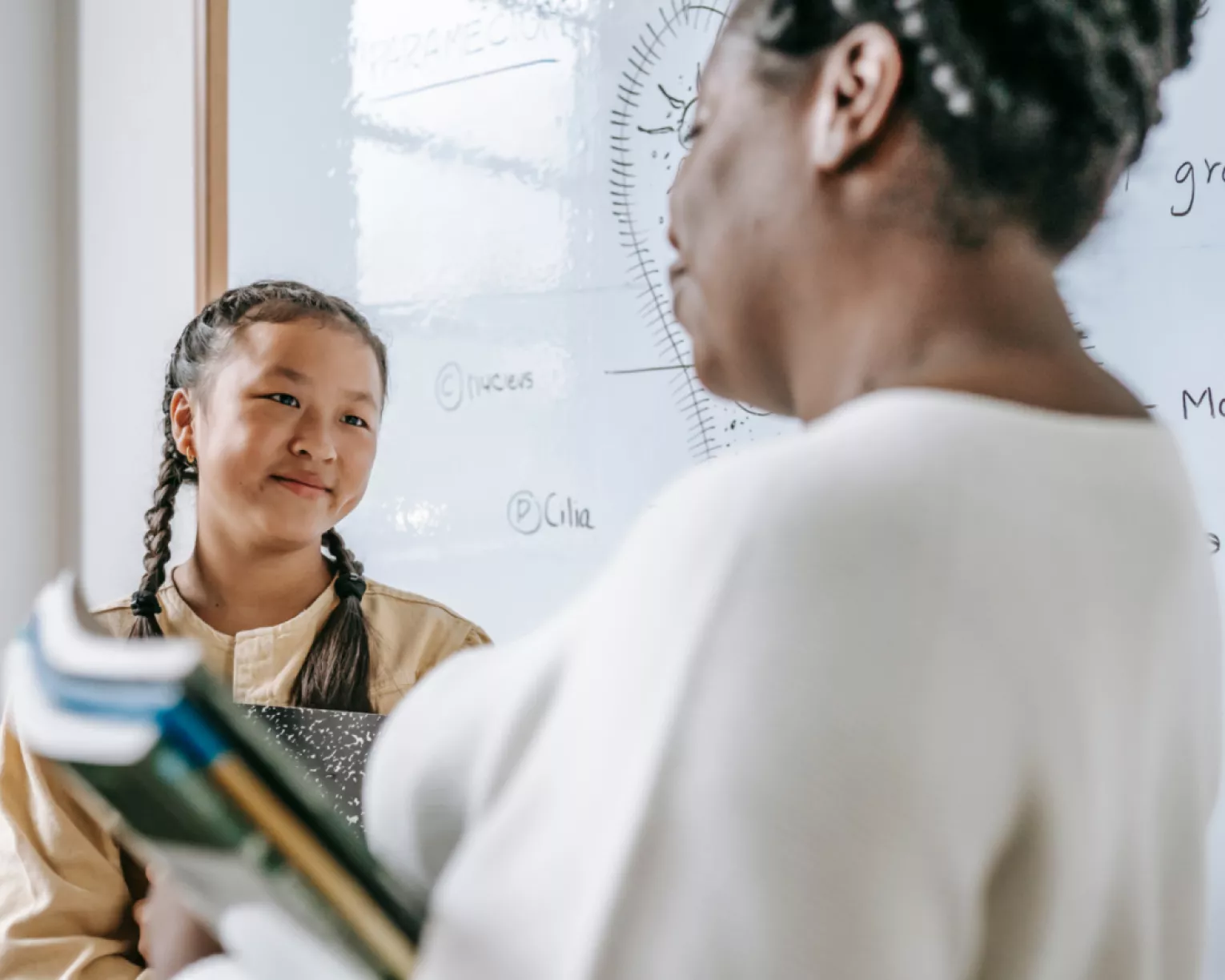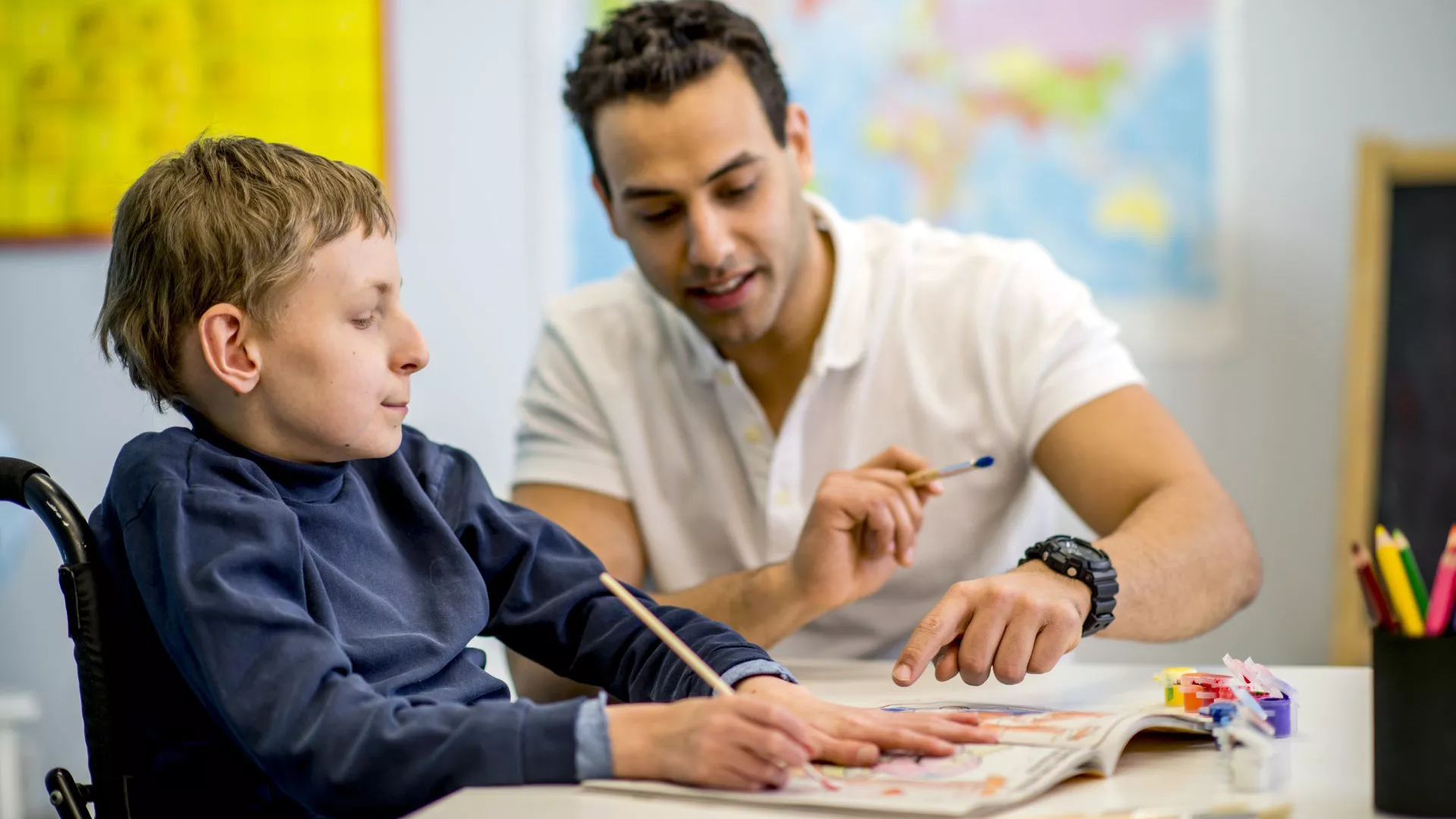
There’s an energetic girl at Antoinette Felder’s elementary school who loves to play jump rope. She uses a wheelchair, but that doesn’t stop her from joining the fun on the playground. She’s in charge of turning the rope. It never occurred to the girl that she couldn’t join the game.
That’s what education should look like for students with disabilities—it’s not a matter of if they can learn or participate in a school activity, it’s a matter of how.
Felder, a special education paraeducator in Seattle, Wash., understands that educators have enormous empathy for students with disabilities.
“It’s a natural thing, but often it’s a bias,” she says. “Students with disabilities don’t want us to feel sad or sorry for them because of their disability, or to make assumptions about challenges they may endure. They don’t want to be seen as any different from any other child.”
Students with disabilities need more than empathy. They need their educators to be champions for them, and to be champions for disability rights. That means never assuming that students with any disability—whether physical or developmental—can’t do something. That assumption is a form of ableism, which is a combination of societal attitudes, structures, and policies that devalue people with disabilities.
“Never tell a child she can’t,” Felder says. “Like the girl who plays jump rope. She can play, she only needed to find a way how. As educators, we need to help them get there.”
Quote byAntoinette Felder, special education paraeducator, Washington
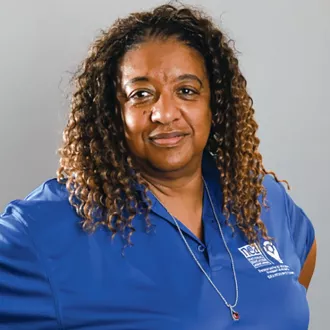
LOOKING THROUGH A CAPACITY LENS
Alison Lauber is a special education coordinator at Capital School District, in Kent County, Delaware. She works with high school students to help them achieve knowledge and skills that will lead to employment after graduation.
She sees individual gifts and abilities in all of her students. She says the job of educators is to make the necessary accommodations to help them reach their goals.
Instead of looking at students with disabilities through a “deficit lens,” by focusing on what they can’t do, Lauber encourages fellow educators to look through a “capacity lens.”
“We need to focus on their strengths … and figure out what their needs are to ensure growth in their behavior and in academics,” Lauber says.
For example, if a student excels at organization and following directions, Lauber points out those positives. She may help the student work toward a career in the culinary field where they could organize ingredients and follow recipes.
Part of Lauber’s work is helping colleagues overcome ableist biases. She challenges common assumptions, including that wheelchair users are ill or have cognitive disabilities. Someone who uses a wheelchair can have high levels of intellectual capacity, she reminds colleagues.
Or if a student is non-verbal, that doesn’t mean the person can’t hear what others are saying. A student who can make sounds rather than words can still communicate, if given the right accommodations.
“Just because they might not be able to tell you, it doesn’t mean they don’t understand,” Lauber says.
Quote byAlison Lauber, special education coordinator, Delaware
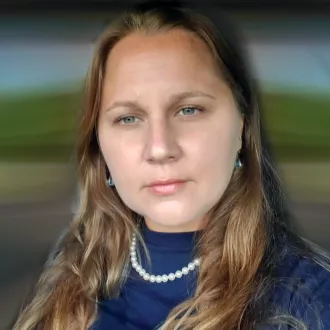
THE POWER OF TEAM WORK
We need to raise expectations, says Kathryn Punsly, a learning and instructional coach at W.E.B. DuBois Academy, in Louisville, Ky.
“We should never think any student is incapable, just that they need the right supports,” she says. “We know every single student can succeed. If every teacher believes that students can do it, they can.”
Punsley says collective teacher efficacy is a powerful thing. That’s the idea that teachers can positively impact student learning when they work as a team and agree on high expectations for growth and achievement.
“Developing teacher efficacy as a staff is critical, and we can do that with anti-ableism professional development,” Punsly says. “Biases perpetuated in media and misrepresentation about people with disabilities leads well-intentioned teachers to think, oh well, maybe this student can’t do it. That attitude gets in the way.”
What is Stimming?
Elapsed time: 0:00
Total time: 0:00Quote byKathryn Punsly, learning and instructional coach, Kentucky
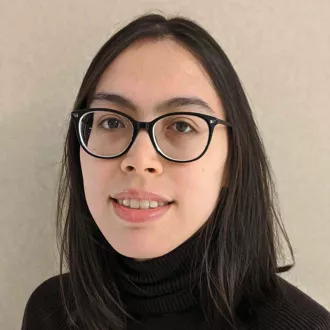
Find the resources mentioned in Chris' video at www.nea.org/disability.
Join the Virtual Book Club
As part of NEA’s Disability Rights and Inclusion Work (DRI), NEA is facilitating member-led virtual book clubs to engage members in a DRI journey, raising awareness about the perspectives of people with disabilities and building understanding of the environmental, social, and attitudinal barriers that encumber true inclusivity and accessibility.
